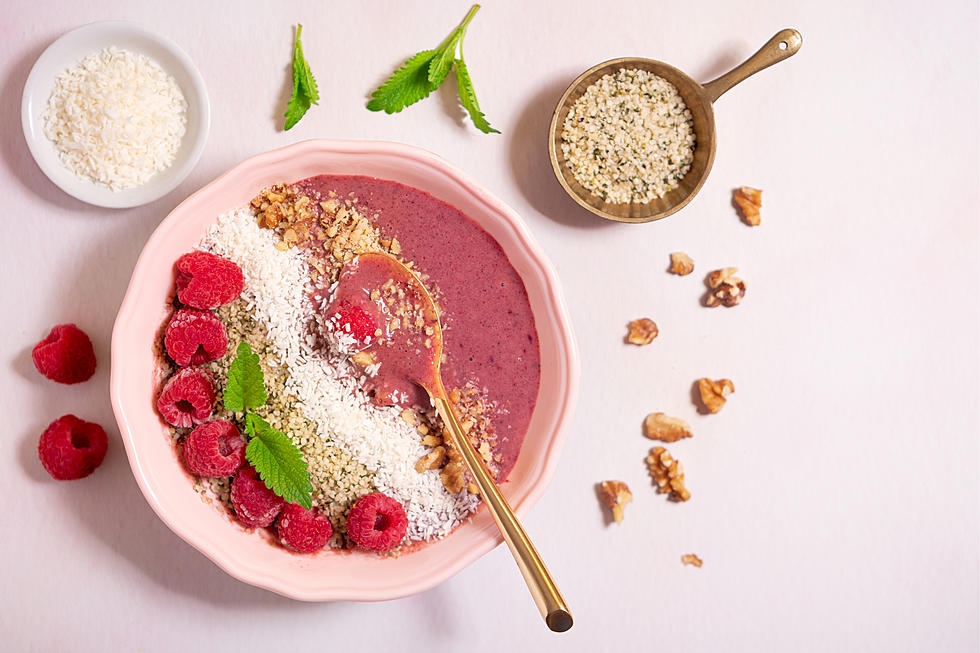Anxiety is a mental health disorder that affects over 40 million adults in the U.S., and it can be debilitating for those who suffer from it. The anxiety can manifest itself in physical symptoms such as increased heart rate, chronic pain, or gastrointestinal issues. In this blog post, we will talk about foods that help with anxiety to relieve some of these side effects and give you a sense of relief from your condition. We have consulted experts on the role of diet in anxiety, conducted case studies, and concluded with our list of foods that help with anxiety based on our research!
Contents
Understanding The Link
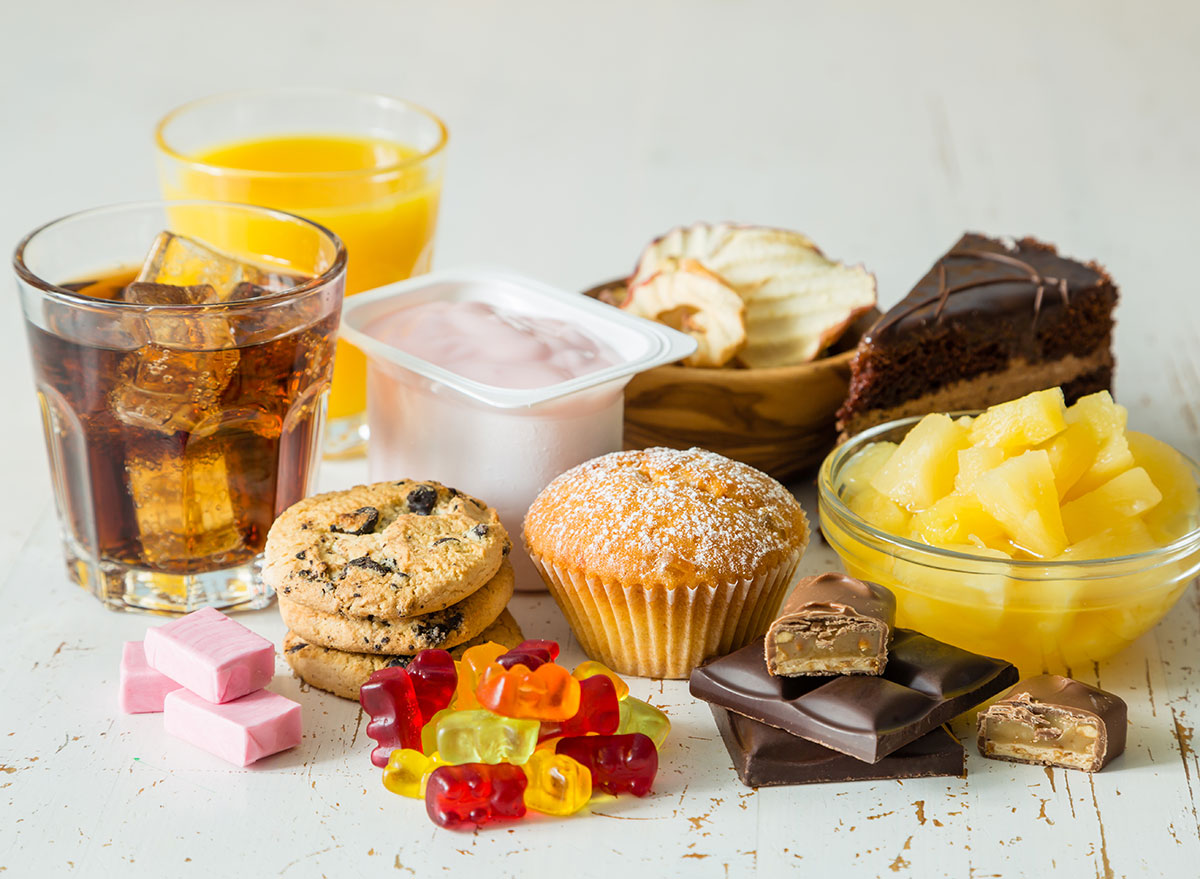
There is a clear link between anxiety and diet. Diet can play a role in the development of anxiety, and people who suffer from anxiety often have dietary habits that worsen their symptoms.
In some cases, the foods we eat can directly cause feelings of anxiety, while in other cases, our diets might not be causing any problems but they still aren’t helping our anxiety either.
How do certain food types make you feel anxious?
Certain foods like sugar or refined flour products like white bread might give you an initial rush of energy to help fight off anxiety. But this effect is short-lived and can make your anxiety worse. It’s better to stick with more natural sources of energy that will give you a boost without the potential drawbacks later on!
Food Types That Worsen Anxiety
Not all foods have a direct effect on feelings of anxiousness, but there are a few types that are more likely to worsen symptoms:
Processed foods
Processed foods can cause fluctuations in blood sugar levels, which is an issue for people with anxiety because it’s already common to experience some degree of hypoglycemia during periods when you feel especially nervous or jittery.
Sugary treats
Sugary treats are high in sugar, which causes blood sugar levels to spike and drop erratically. They are also generally high in refined flour, which can cause similar problems to processed foods.
Alcohol and caffeine
Alcohol is a depressant that reduces the levels of GABA neurotransmitters in your brain, while caffeine works by blocking adenosine receptors. Both of these chemicals are stimulants that have effects opposite to anti-anxiety medications like benzodiazepines, so they can make anxiety worse in the long run.
Foods with artificial additives or coloring
Foods with artificial additives or coloring can trigger an allergic response in some people, leading to feelings of anxiety or unease. They can also be stimulating in the same way that caffeine is, so they can make you feel more jittery and on edge.
Fried foods
Fried foods are high in unhealthy fats that can harm mood and contribute to weight gain, both of which are known risk factors for developing anxiety disorders.
Foods That Help With Anxiety
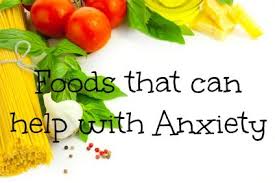
There are also a few types of food that can help relieve anxiety. These include:
Complex carbohydrates
Whole grains, vegetables, and fruits provide sustained energy throughout the day without any of the same side effects that can be caused by eating high glycemic index foods like sugar and refined flour products.
Complex carbohydrates also provide fiber, which is essential for maintaining a healthy digestive system and keeping your mood stable!
Healthy proteins
Fish, legumes, lean meats (preferably grass-fed), and eggs are all good sources of protein that can help to keep your energy levels even and prevent feelings of anxiety from taking over.
Probiotic-rich foods
Fermented foods like yogurt, kefir, kimchi, and sauerkraut are high in probiotics, which are beneficial bacteria that play a role in keeping your gut healthy. A healthy digestive system can also help to keep your mood stable!
Omega-rich plant oils
Examples include olive oil, fennel oil, and flaxseed oil. These oils contain omega-rich polyunsaturated fatty acids that can help to reduce inflammation in the body and brain which is often linked to feelings of anxiety or depressive symptoms.
Leafy green vegetables like spinach, kale, and collards
Leafy green vegetables like spinach, kale, and collards contain high levels of magnesium which is known to have a calming effect on the nervous system. The B Vitamins found in leafy greens are also essential for maintaining a healthy mood.
Foods high in omega fatty acids, such as salmon or walnuts
Omega-fatty acids found in fish like salmon, tuna, and sardines, as well as walnuts and chia seeds, can help to improve symptoms of anxiety by reducing inflammation and promoting balanced brain chemistry. As they contain anti-inflammatory properties that can reduce feelings of stress and ease symptoms like headaches.
Complex carbs like whole grains and legumes
Complex carbs like whole grains and legumes release energy slowly so it doesn’t spike your blood sugar levels. They’re also a good source of fiber, which is known to promote feelings of calmness and relaxation.
Fruits and vegetables
Fruits and vegetables contain antioxidants that help protect your cells from damage, which is an issue for people with anxiety because it’s more likely to trigger a stress response when you feel like your body isn’t healthy enough to cope.
Herbal teas like chamomile or lavender
Herbal teas like chamomile or lavender can have a calming effect on some people. Lavender or chamomile tea can help reduce feelings of anxiety and promote relaxation.
Lean protein sources like fish, poultry, or tofu
Lean protein sources like fish, poultry, or tofu (not fried) can help reduce feelings of jitteriness and fatigue that contribute to anxiety.
Whole grains instead of refined carbs
Whole grains instead of refined carbs provide a more sustained release of energy so you don’t feel as drained after eating something sugary.
Herbal tea or hot water with lemon
Herbal tea or hot water with lemon can help calm you down if you’re feeling nervous or stressed.
NOTE: No one “magic” food will help with anxiety for everyone, so it’s important to try out a few different types of foods and see which work best for you.
Experts On Diet And Anxiety
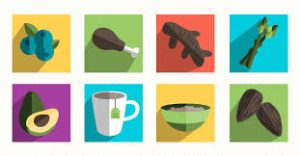
A study conducted by scientists at Johns Hopkins University (which was published in 2013) examined how certain diets can cause changes in brain chemistry which could potentially lead to anxiety. The study’s leader, Dr. Andrew Miller, had this to say: “We don’t know whether diet directly affects the neural circuits of anxiety or if these results are reflective of an indirect effect on neurotransmitters.”
Experts Who Study The Link
Some experts study the link between diet and psychological health, including:
- Dr. Drew Ramsey, MD is a psychiatrist and author who specializes in the role of food in mental health.
- Rebecca Gladding, MD is an integrative psychiatrist who also emphasizes the importance of diet in mental health.
- Ashley Solomon, PsyD is a clinical psychologist who specializes in treating anxiety disorders with holistic methods.
- Dr. David Perlmutter, MD is a neurologist and author who studies how food can affect brain health and function.
Case Study
How a Dietician Made Anxiety Symptoms Disappear With Food
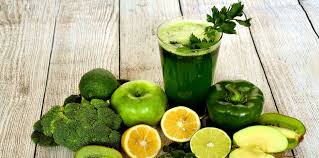
A client came to dietitian Carla Naumburg, MS, RDN with severe anxiety symptoms that were affecting both her physical and mental health. She was experiencing high blood pressure caused by anxiety symptoms and was taking medication to manage it.
Naumburg mentioned that she had seen a similar case in the past, where anxiety symptoms completely disappeared when food sensitivities were taken out of the equation.
Naumburg asked her client some questions about what foods made her feel different, then eliminated those from the diet first to see if there would be any changes. The client, now aware of the possible connection between food sensitivities and anxiety symptoms, thought carefully about what she ate for several days before reintroducing certain foods back into her diet.
Naumburg found out that a few specific types of foods seemed to have an impact on how her client felt:
- Dairy products caused stomach upset and joint pain,
- Wheat made her feel bloated and tired, and
- Eggs gave her an itchy rash.
After eliminating these foods from her diet and then reintroducing them one at a time, Naumburg’s client found that she was no longer experiencing any anxiety symptoms.
“Food is the original medicine,” says Naumburg. “When we eat, we are putting fuel into our body. We want to make sure that what we put in is healthy and nutritious.”
Case Study 2
One of the most comprehensive case studies on diet and anxiety was conducted by Dr. Gabriela Corá-Locatelli, a psychiatrist working with people who suffer from anxiety disorders in Brazil. She found that there is a link between dietary habits and mental health issues such as depression and anxiety.
In her study, she looked at the diets of over 400 people who had been diagnosed with an anxiety disorder and found that:
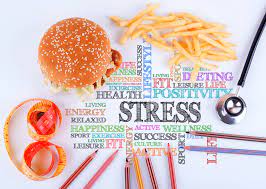
- 66% reported eating fast food at least once a week
- 71% drank carbonated drinks daily
- 54% ate desserts every day
- 63% skipped breakfast regularly
Based on her findings, Dr. Corá-Locatelli concluded that unhealthy dietary habits are a major contributor to anxiety disorders. She also believes that improving your diet can be an important part of managing or recovering from an anxiety disorder.
Case Study 3

To get a better understanding of how diet can play a role in anxiety, we spoke with one person who has dealt with the condition for many years.
Stephanie is a 31-year-old woman who has suffered from anxiety since she was a teenager. She says that her anxiety symptoms are often made worse by certain foods: “I know that caffeine makes my heart race and can make my anxiety worse. I also know that sugar is bad for me in all sorts of ways. But I crave it when I’m feeling anxious.”
Stephanie has tried diets that advise cutting out certain foods like caffeine and alcohol entirely. But she says they haven’t helped: “I’ve also cut back on coffee and stopped drinking alcohol, but I still get anxious. It’s not the only reason why I feel this way, but it doesn’t help.”
Conclusion
Many people suffer from anxiety in some form or another. Diet may play a role in causing or worsening these feelings of anxiousness for many individuals. Certain food types can have an immediate positive effect on anxiety levels. But it’s important to find what works best for you. No one “magic” food will work for everyone, so experiment until you find something that helps.
A Word From Therapy Mantra
Your mental health — Your psychological, emotional, and social well-being — has an impact on every aspect of your life. Positive mental health essentially allows you to effectively deal with life’s everyday challenges.
At TherapyMantra, we have a team of therapists who provide affordable online therapy to assist you with issues such as depression, anxiety, stress, workplace Issues, addiction, relationship, OCD, LGBTQ, and PTSD. You can book a free therapy or download our free Android or iOS app.
